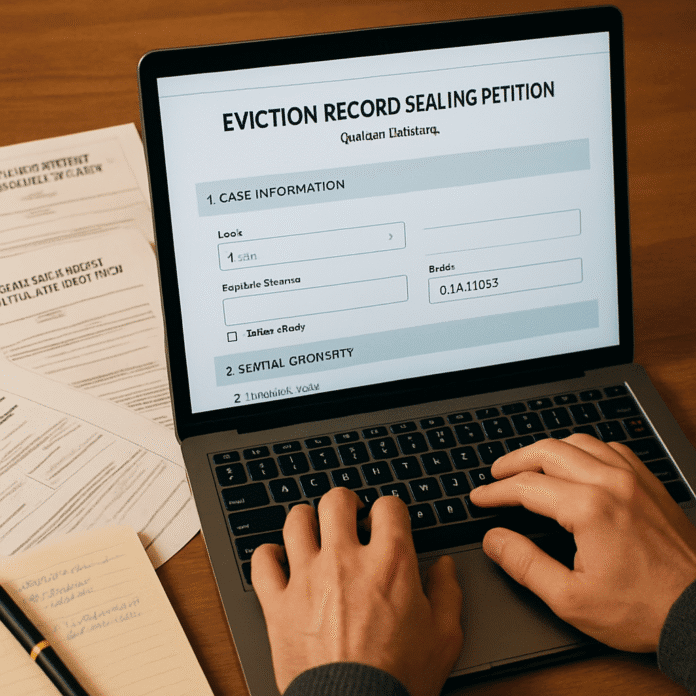A Path to Housing Stability for Thousands
In a groundbreaking step toward housing equity, Massachusetts has implemented a new law allowing renters to petition courts to seal their eviction records. This landmark legislation, which took effect on May 5, 2025, addresses a significant barrier that has prevented many residents from securing stable housing despite past eviction cases being resolved or dismissed.
The law, part of the Affordable Homes Act signed by Governor Maura Healey last August, represents years of advocacy work and offers hope to thousands of Massachusetts residents caught in cycles of housing instability.
“Eviction record sealing isn’t just a policy—it’s about restoring dignity, opening doors, and recognizing that one tough chapter shouldn’t define a person’s future,” said State Senator Lydia Edwards, who championed the legislation since 2018.
How the New Law Works
The eviction sealing process is not automatic. Eligibility depends on the type and outcome of the eviction case:
- Tenants who won their case, had it dismissed, or experienced a no-fault eviction can petition immediately after the appeal period ends
- Those with non-payment evictions must wait four years before petitioning
- Tenants with fault-eviction cases face a seven-year waiting period
The law also prohibits credit and consumer reporting agencies from including information about sealed eviction records in their reports, removing a significant obstacle for renters seeking new housing.

Addressing Systemic Inequities
This legislation directly confronts housing discrimination that disproportionately affects marginalized communities. According to Attorney General Andrea Campbell, Black renters are 2.4 times more likely to have an eviction filed against them than their white counterparts, with Black women facing the highest risk.
“This will help many, many people access safe, decent, and affordable housing at a time when it is incredibly difficult to do that,” said Annette Duke, Senior Housing Attorney with the Massachusetts Law Reform Institute. “Eviction records have been a serious barrier to finding housing, which has led to people becoming homeless. This law addresses a critical gap in our housing system.”
How to Access the New Protections
The Massachusetts Trial Court has launched an online tool called the Eviction Sealing Guided Interview to help residents navigate the process and file petitions electronically. Additional resources are available at SealMyEviction.org.
Edwards emphasized that while the process is accessible, it still requires making a case. “You still have to make your case,” she said. “In each case, the landlord is notified, they can respond, and the courts ultimately will decide.”
Balancing Perspectives
The law wasn’t without opposition. Some landlord groups initially expressed concerns about safety and screening capabilities. Greg Vasil, CEO of the Greater Boston Real Estate Board, noted there will be “growing pains” during the transition period, especially for smaller landlords.
“While we did not initially see eye-to-eye with those championing eviction sealing reform in Massachusetts, we are proud of the commonsense consensus we all came to,” Vasil said. “After years of negotiations and hours upon hours of spirited discussion, we are honored to stand alongside state leaders, lawmakers and advocates to celebrate this moment.”
Looking Forward
As Massachusetts implements this progressive policy, housing advocates are working to ensure tenants know about their new rights. The impact could be substantial in cities like Boston, where nearly 5,000 evictions are filed annually.
“It’s wonderful to have this new tool, but it’s also our work to make sure that less evictions happen every year by creating more affordable housing, providing more legal assistance, more rental relief,” said Lori Stewart, Affordable Housing Specialist with the League of Women Voters MA.
For thousands of Massachusetts residents, this law represents more than just sealed records—it offers a genuine second chance at housing stability and economic opportunity.



